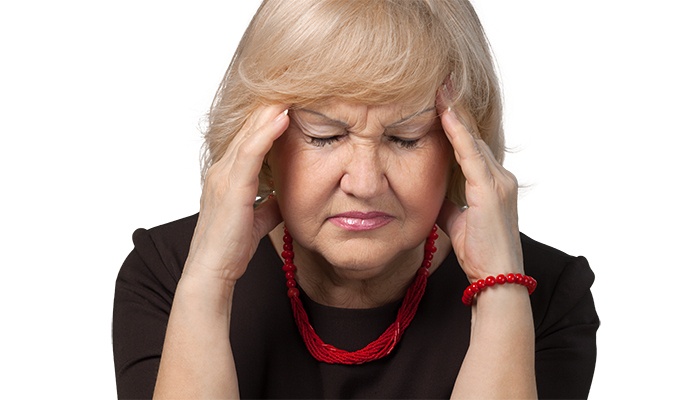Menopause marks a significant milestone in a woman’s life—a natural biological process signifying the end of menstruation and fertility. While this transition typically occurs between the ages of 45 and 55, its impact extends far beyond physical symptoms. One of the most profound and less openly discussed effects of menopause is its association with depression. Hormonal changes, life stressors, and individual medical histories can all contribute to a rise in depressive symptoms during this time.
The Hormonal Connection
During perimenopause—the transitional phase leading up to menopause—levels of estrogen and progesterone begin to fluctuate and eventually decline. Estrogen, in particular, plays a crucial role in mood regulation. It influences the production of serotonin, a brain chemical often called the “feel-good” neurotransmitter. When estrogen levels drop, so can serotonin levels, potentially triggering mood swings, irritability, anxiety, and depressive symptoms.
This hormonal imbalance doesn’t affect every woman the same way. For some, the emotional changes are subtle and manageable. For others, they can be overwhelming and persist for extended periods, potentially evolving into clinical depression.
Symptoms to Watch For
Depression during menopause often presents similarly to major depressive disorder, with some added complexity due to overlapping physical symptoms of menopause. Common signs include:
Persistent sadness or emptiness
Fatigue or lack of energy
Sleep disturbances (insomnia or oversleeping)
Changes in appetite or weight
Difficulty concentrating or making decisions
Loss of interest in activities once enjoyed
Feelings of worthlessness or excessive guilt
Thoughts of death or suicide
It’s important to note that these symptoms can be confused with typical menopausal changes such as hot flashes, sleep problems, or cognitive shifts. This makes it crucial for women and healthcare providers to pay close attention to emotional health during this phase.
Risk Factors
Not every woman will experience depression during menopause. Several risk factors may increase the likelihood:
Personal or family history of depression
Severe menopausal symptoms such as intense hot flashes or night sweats
History of premenstrual syndrome (PMS) or postpartum depression
Stressful life events, including divorce, death of a loved one, or career changes
Lack of social support or feelings of isolation
Chronic illness or pain
When multiple risk factors combine with hormonal changes, the emotional toll can become particularly severe, emphasizing the need for early intervention.
Treatment and Coping Strategies
Treating depression during menopause involves a combination of approaches that target both the emotional and physical aspects of the condition.
Psychotherapy – Cognitive-behavioral therapy (CBT) has proven effective in treating midlife depression. It helps women reframe negative thoughts and develop healthy coping mechanisms.
Medication – Antidepressants such as selective serotonin reuptake inhibitors (SSRIs) can help balance brain chemicals. In some cases, hormone replacement therapy (HRT) may be used to address both mood and physical menopausal symptoms.
Lifestyle Changes – Regular exercise, a healthy diet, and proper sleep hygiene can greatly influence mood. Mindfulness, yoga, and meditation also offer emotional balance and stress relief.
Support Networks – Joining menopause or women’s health support groups can reduce feelings of isolation. Talking with others who are going through similar experiences often brings comfort and practical advice.
Regular Medical Check-ups – Mental health should be a routine part of menopause care. Discussing emotional changes openly with a healthcare provider ensures that emerging issues are addressed early.
A Call for Awareness
Despite being a common experience, menopause-related depression remains underdiagnosed and undertreated. Stigma surrounding mental health and misconceptions about menopause as purely physical can prevent women from seeking the help they need. Culturally, many women are encouraged to “tough it out” or view emotional struggles as a sign of weakness, which only exacerbates the problem.
It’s crucial for society, families, and the medical community to recognize the emotional dimensions of menopause. Empathy, education, and access to care can empower women to navigate this life stage with dignity and strength.
Conclusion
Menopause is not just a change of life—it can be a change in mental health. Understanding the link between depression and menopause allows women to be proactive about their emotional well-being. With the right support and treatment, women can move through this transition not only managing symptoms but emerging stronger, wiser, and more in tune with their health than ever before.







